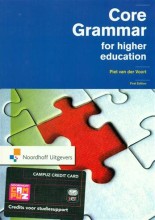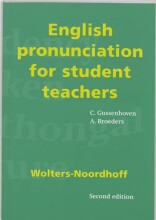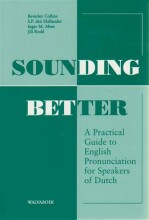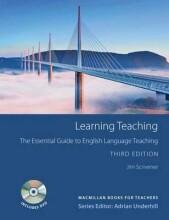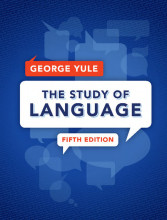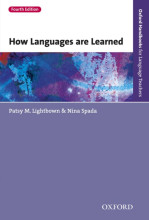Summary: Core Grammar For Higher Education | 9789001706302 | Piet van der Voort
- This + 400k other summaries
- A unique study and practice tool
- Never study anything twice again
- Get the grades you hope for
- 100% sure, 100% understanding
Read the summary and the most important questions on Core grammar for higher education | 9789001706302 | Piet van der Voort.
-
1 Word classes
This is a preview. There are 25 more flashcards available for chapter 1
Show more cards here -
Words that can be placed in different categories are called?
Word classes or a part of speech -
What types of nouns do we have, divide them and explain them.
Countable nouns : can be counteduncountable nouns: cannot be counted
proper nouns: talking about one specific place, things or people. -
What does a verb?
Performs the action. -
What does a predicator, lexical verb, main verb, notional verb and ordinary verb have in common.
They don't need another verb to perform the action such as: I work. -
A verb that cannot form the predicator on it's own is called a .... ?
Auxiliary verb, modal verbs, modal auxiliaries or modals. Examples are will, shall, can have, may and must. -
Gives additional information about the subject is called ........
Subjectcomplement example she is smart. -
Link verbs, linking verbs or copulas are ...
Linking the subject and the subject complement. -
Adjectives are used for? Belongs an adjective to a verb or noun?
An adjective gives additional information about a noun, you can also make degrees of comparison (cold-colder-coldest. -
What is a sentence analyse?
The function that a sentence element has in building. When we analyse a sentence we point out what the syntactic function of each sentence element is. -
What are multi verbs and phrasal verbs?
A predicator that consist of a verb + adverb (I switched off the radio) or a verb + preposition (she was listening to the radio).
- Higher grades + faster learning
- Never study anything twice
- 100% sure, 100% understanding
